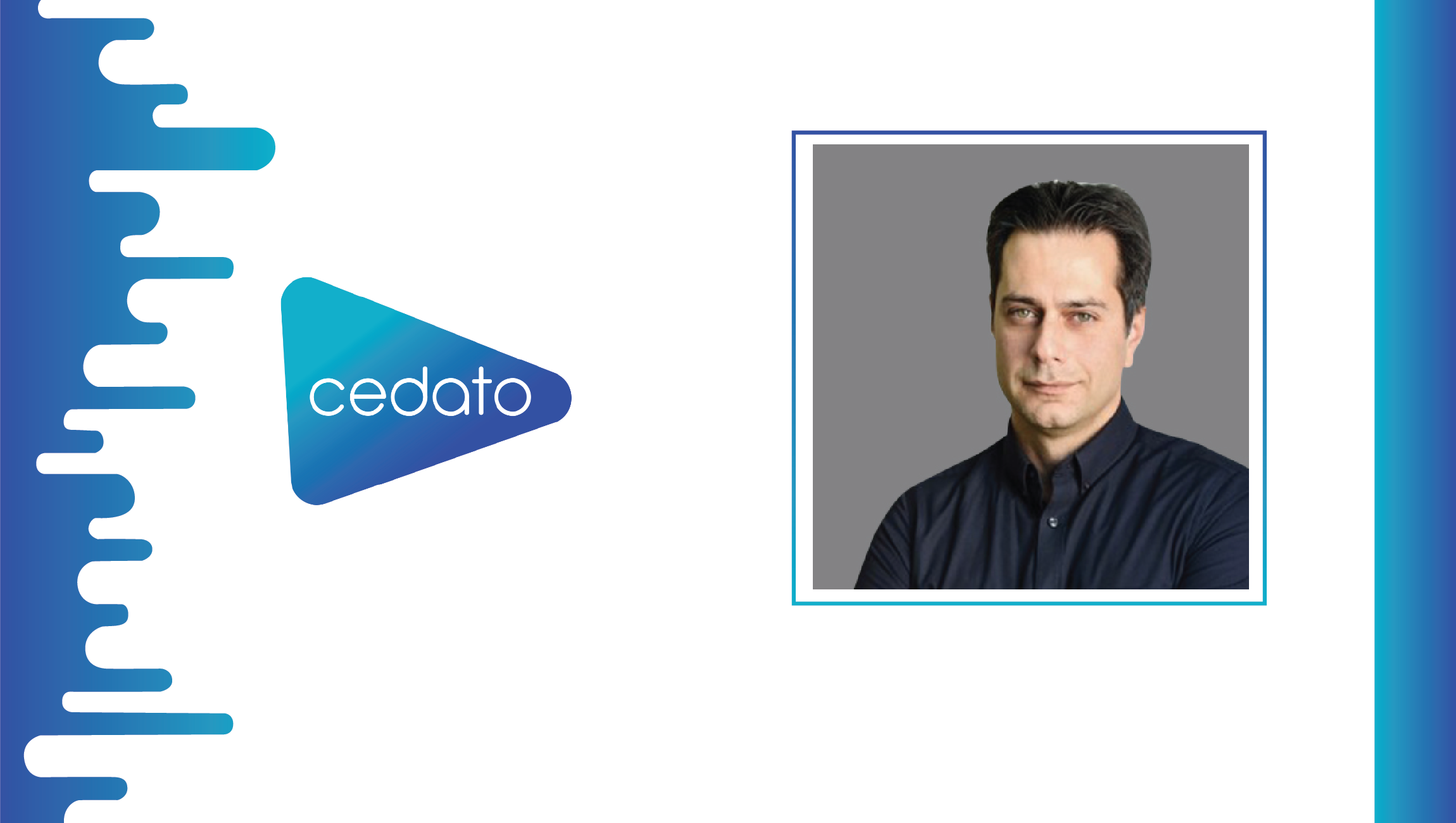I’m a millennial, and I’m proud of it.
If you haven’t noticed, there are a lot of us out there. According to Nielsen, millennials now make up one-quarter of the US population with a total of 77 million. We’re starting to take over the workforce as well with an estimated 35 percent of the workforce being millennials by 2020. We’re here to stay.
I’ll be the first one to admit we bring some good qualities and some bad qualifies. One thing is for sure—millennials don’t put up with crap. Some people think we’re lazy, but it isn’t true. We’re just efficient.
Efficiency guides our lives, and that’s why millennial sales reps are starting a revolution. We’re sick and tired of being efficient at home while the sales workplace makes little to no progress.
Here are some typical questions about efficiency (some rhetorical, some not!) that millennial sales reps ask themselves every day:
- I’ve got Nest to manage my apartment’s climate control, Vi for my workout, and Spotify for my music. I’m a living example of how automation and artificial intelligence (AI) can enhance our lifestyle. Why can’t it be the same at work?
- When I look over my list of accounts and contacts at work, am I really supposed to guess which ones I should focus on? Why can’t the system recommend them to me?
- Why do I have to guess which communication method people are most likely to respond to?
- Why are one-on-one meetings with my manager so subjective? Couldn’t I receive real-time feedback about how I’m doing based on actual data?
- As for hiring, couldn’t our company have an objective method for hiring that improves our chances of getting top performers?
- When will the CRM empower me versus me always empowering it?
Let me give you an example—one that I’ve witnessed from one of my own sales colleagues. Jackson (not his real name) gets in the office at 8:30 a.m. and tries to prospect to keep his sales pipeline full. His colleagues tell him “cold calling is dead,” so Jackson tries not to make phone calls when he doesn’t know who might answer on the other end. Because of this, he spends roughly five minutes per contact searching online to learn more about the person and the company.
Also Read: How to Find the Right AI Platform for B2B Marketing and Sales Success
Jackson doesn’t know if it’s better to email, call, or send social messages to a prospect. He just knows that he prefers to email because he believes no one likes to get random phone calls. As a result, Jackson spends a considerable amount of time writing emails, trying to make them personalized and relevant to each person. He’s heard this is a best practice, and since it feels right, he runs with it.
Jackson occasionally makes phone calls, but the phone numbers are often wrong, and it takes him a lot of time to try to find the right one—so often he ends up just calling the main phone number for the company.
Confused that work is so far behind his personal life in terms of using automation and AI, Jackson often goes home frustrated.
Rather than read this and be surprised at how millennials lead their lives, look at the elephant in the room. Millennials are not stupid; they know when something is broken, and sales is fundamentally broken. Try all you want to have millennials do things your way—the traditional way. I’ll tell you right now, however: if it doesn’t work, millennials won’t keep doing it.
How about we empower millennials rather than forcing them, join them instead of fighting them? The sales revolution is happening now. Are you ready?
Also Read: How Key Customer Loyalty Drivers Have Changed Over the Last Decade











